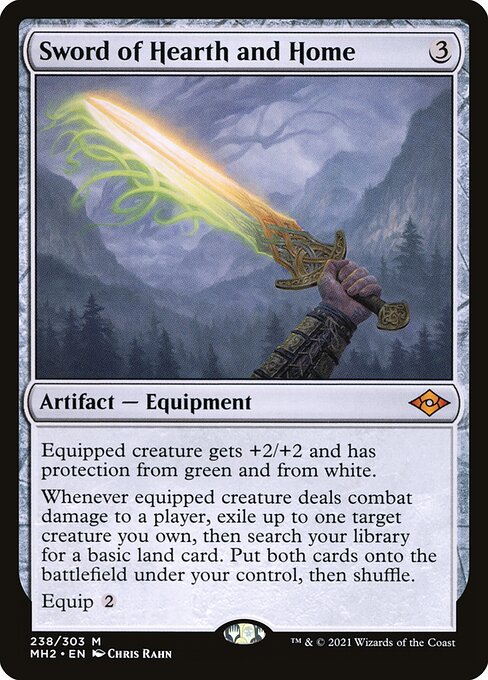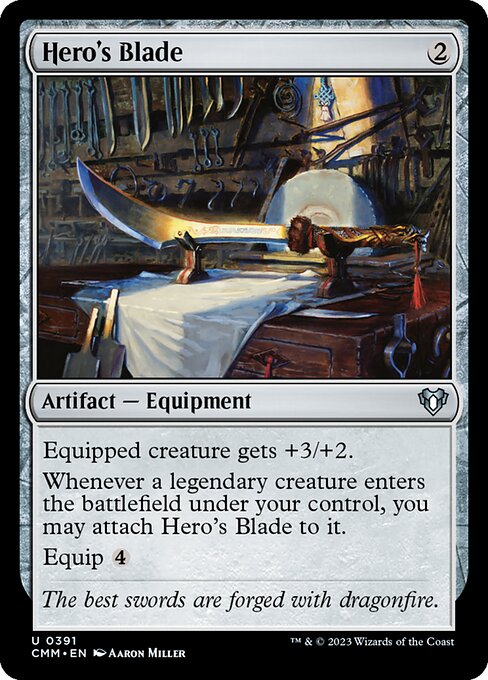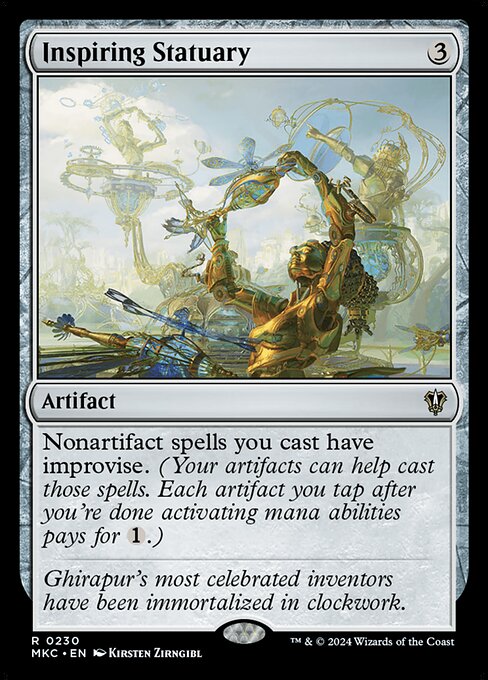Deck & Commander Strategies

Kefka, Court Mage
Focuses on forcing opponents to discard multiple types of cards, generating card advantage and incremental damage while ramping into powerful creatures and spells to dominate the late game.

Cloud, Midgar Mercenary
Equips a variety of swords and equipment to increase combat potency and double triggers, aiming to overwhelm opponents with high damage output and card draw synergy.

Lightning, Army of One
Utilizes double strike and damage doubling effects to maximize damage dealt each combat, applying pressure quickly and leveraging burn spells to finish opponents.

Sephiroth, Fallen Hero
Modifies creatures with cell counters to drastically increase their power and toughness, combined with recursion abilities to maintain board presence and control.
Gameplay Insights
- 1
Kefka's discard effect not only disrupts opponents but also fuels his card draw, allowing him to maintain momentum through resource denial.
- 2
Cloud's strategy of doubling equipment triggers synergizes well with swords that grant additional combat benefits and card draw, enabling explosive turns.
- 3
Lightning's damage doubling paired with double strike creates lethal damage windows that force opponents to respond quickly or face defeat.
- 4
Sephiroth's cell counter mechanic transforms creatures into massive threats and his recursion ability ensures pressure remains constant even after board wipes.
- 5
The use of protection artifacts like the One Ring can temporarily negate lethal damage, influencing attack decisions and timing of burn spells.
- 6
Combat interactions are pivotal, with creatures like Vincent Vengeful Atoner growing stronger each time they deal damage, eventually triggering mass damage to opponents.
Notable Cards
-

Sword of Hearth and Home
-

Kefka, Court Mage // Kefka, Ruler of Ruin
-

Cloud, Midgar Mercenary
-

Lightning, Army of One
-

Sephiroth, Fallen Hero
-

Hero's Blade
-

Inspiring Statuary
-

Coin of Fate
Gameplay Summary
The game starts with players developing their boards and setting up their key synergies.
Cloud's deck focuses heavily on equipping powerful swords and other equipment to maximize his combat damage, while Lightning aims to double damage output through her double strike and damage doubling abilities.
Sephiroth brings a unique control element with his modification counters that significantly boost creature stats and allows recursion from the graveyard.
Kefka plays a disruptive role by forcing opponents to discard cards of multiple types, allowing him to draw cards and chip away at life totals. Early in the game, Cloud equips multiple swords to increase his power and card draw, while Lightning aggressively pressures opponents with double damage triggers.
Sephiroth and Kefka both lean into their thematic strengths, with Sephiroth modifying creatures for high impact combat and recursion, and Kefka punishing opponents with forced discards and incremental damage.
A notable turning point occurs when Lightning uses her damage doubling ability combined with double strike to threaten lethal damage, while Cloud's equipment and card advantage push his board state forward.
Meanwhile, Kefka's discard-driven card draw and creature ramp set the stage for a late-game board wipe or overwhelming presence.
The game features complex interactions with protection effects, combat damage triggers, and recursion mechanics that keep the board state dynamic and tense until a decisive move emerges.







































